Tuesday, November 5
| 8:30 a.m. - 5:00 p.m. | "Tillamook Coast," ICL Field Trip [Judy Gram], Kaneko Auditorium
|
Thursday, November 7
| 10:30 a.m. - 12:30 p.m. | "International Education at Willamette," Kris Lou [Tom Hibbard], Kaneko Auditorium
|
| 1:30 – 3:30 p.m. | "Comparative Religion PART 2," Stanley Vargas [Bob Muir], Kaneko Auditorium
|
Tuesday, November 12
| 10:30 a.m. - 12:30 p.m. | "Removing Bias From Our Judgments: Did Ulysses Have It Right?," James Friedrich [Tom Hibbard], Kaneko Auditorium A great deal of behavioral science research has documented the various ways in which human judgment can be "contaminated", influenced or distorted by factors that decision makers prefer would "not" have an impact on the perceptions and choices. I will be discussing why self-correction of one's biases is so difficult. |
| 1:30 – 3:30 p.m. | "Turning Points in Western Philosophy: The Post-Socratics," Bob Muir, Kaneko Auditorium
|
Thursday, November 14
| 10:30 a.m. - 12:30 p.m. | "The Fashionability of Recycling and Consumption," Jessica Ramey [Jinx Brandt], Kaneko Auditorium
Recycling and consumption rates have made drastic shifts through history that reflects our values and our culture. We'll explore how marketing and technology has fueled change and bombarded consumers with fast fashion and disposable goods while our global waste system has failed to keep up. Through art examples, we will examine how maker movements, right to repair advocates, and art activists promote democracy and transparency in an industry that greatly impacts our lives and our planet. |
| 1:30 – 3:30 p.m. | "Layers -- A Printmaking Journey," Kim Fink [Jinx Brandt], Kaneko Auditorium
|
Tuesday, November 19
| 10:30 - 11:30 a.m. | "Use of the AED," Rich Dennis, Campus Safety Office [Jim McDonald], Kaneko Auditorium
|
| 11:30 a.m. - 12:30 p.m. | "About Kiwifruit: A Personal Experience," Irene Konopasek [Dru Johnson], Kaneko Auditorium
A repeat performance of her talk to ICL in 2005. Irene has been a member since 2003 and has provided many interesting presentations. Today's presentation will include the History of kiwifruit cultivation in the West, both commercially and her own experiences in growing and selling kiwifruit.This will include how her family became involved and how they have grown kiwifruit in California and in Oregon. |
| 1:30 – 3:30 p.m. | "Permaculture," Andrew Millison [Joyce Zook], Kaneko Auditorium
|
Thursday, November 21
| 10:30 a.m. - 12:30 p.m. | "The Greatest Story Ever Told," Ken Ash [TBA], ***Cat Cavern*** NOTE CHANGE IN VENUE
|
| 1:30 – 3:30 p.m. | "Video Presentation: Refugees and global migrations," Great Decisions [Toni Peterson,Joyce Zook], ***Cat Cavern*** NOTE CHANGE IN VENUE
|
Tuesday, November 26
THANKSGIVING WEEK NO CLASSES |
Thursday, November 28
THANKSGIVING WEEK NO CLASSES |


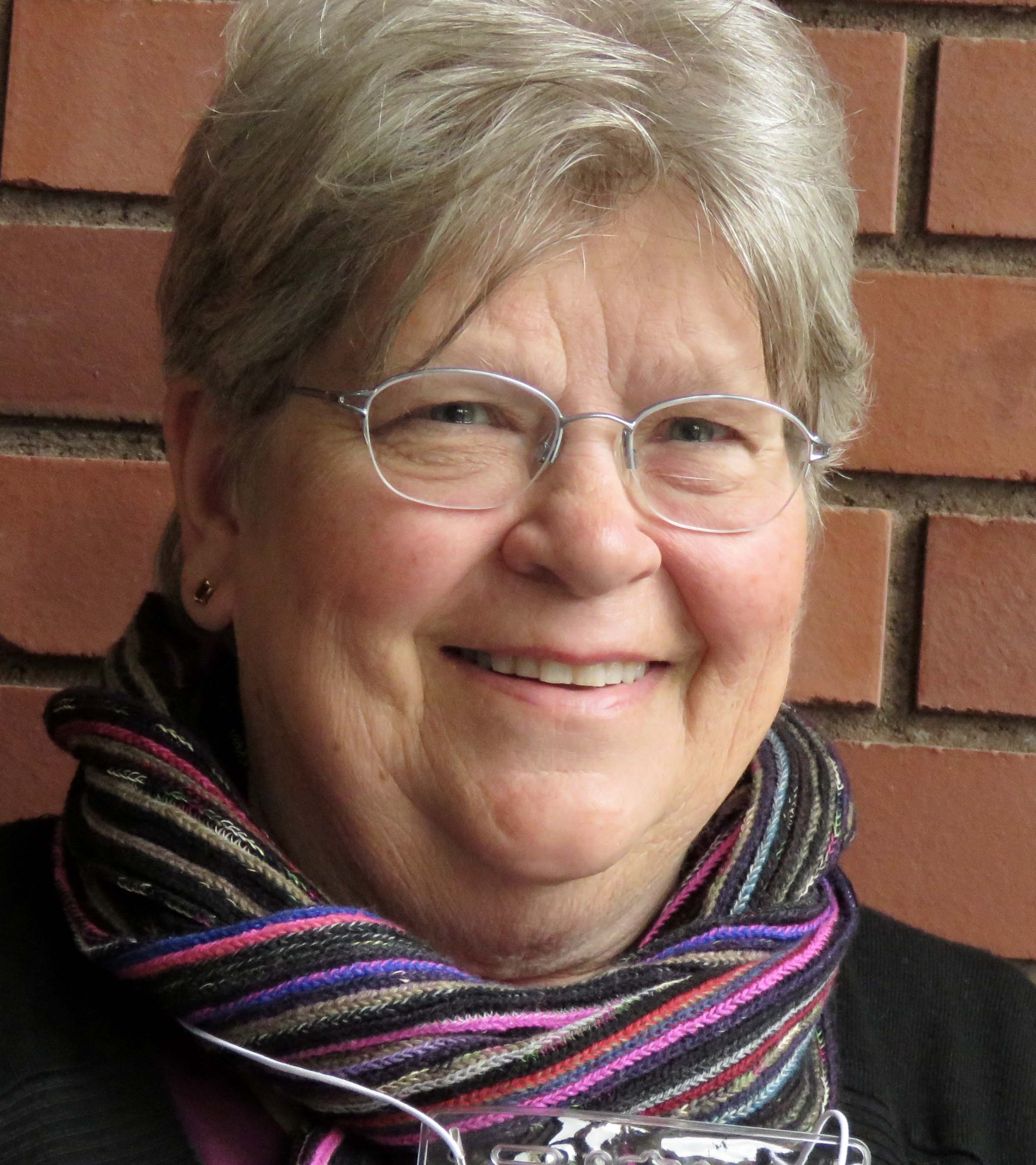
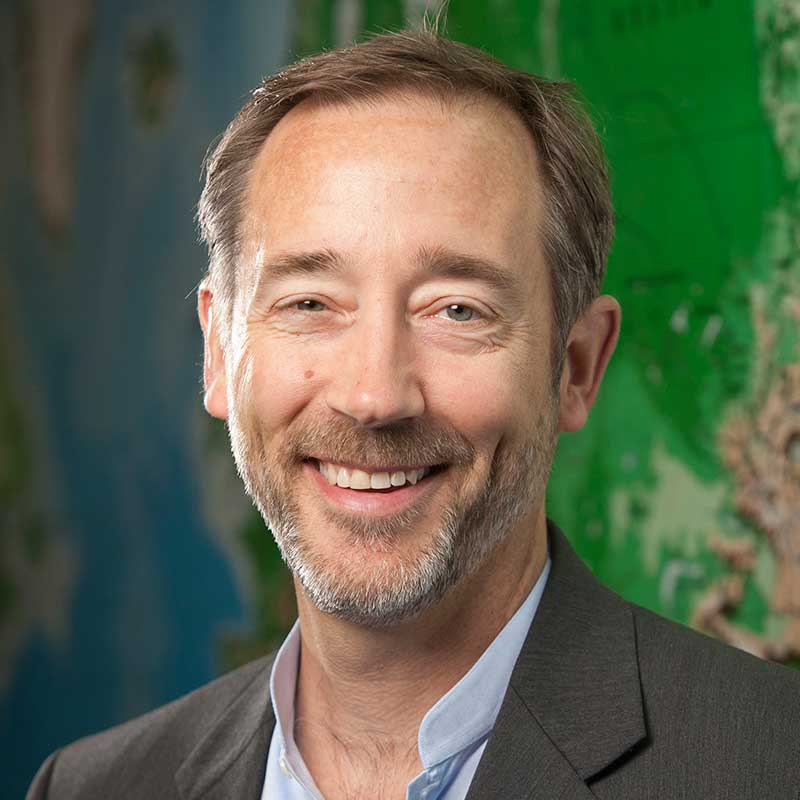 How does intercultural learning fit within Willamette's liberal arts education, which prepares graduates to transform knowledge into action and lead lives of achievement, contribution and meaning? Does this also mean Willamette graduates are "global ready", prepared to engage effectively in diverse teams in the marketplace, government, service and nonprofit sectors? How internationalized is Willamette?
How does intercultural learning fit within Willamette's liberal arts education, which prepares graduates to transform knowledge into action and lead lives of achievement, contribution and meaning? Does this also mean Willamette graduates are "global ready", prepared to engage effectively in diverse teams in the marketplace, government, service and nonprofit sectors? How internationalized is Willamette?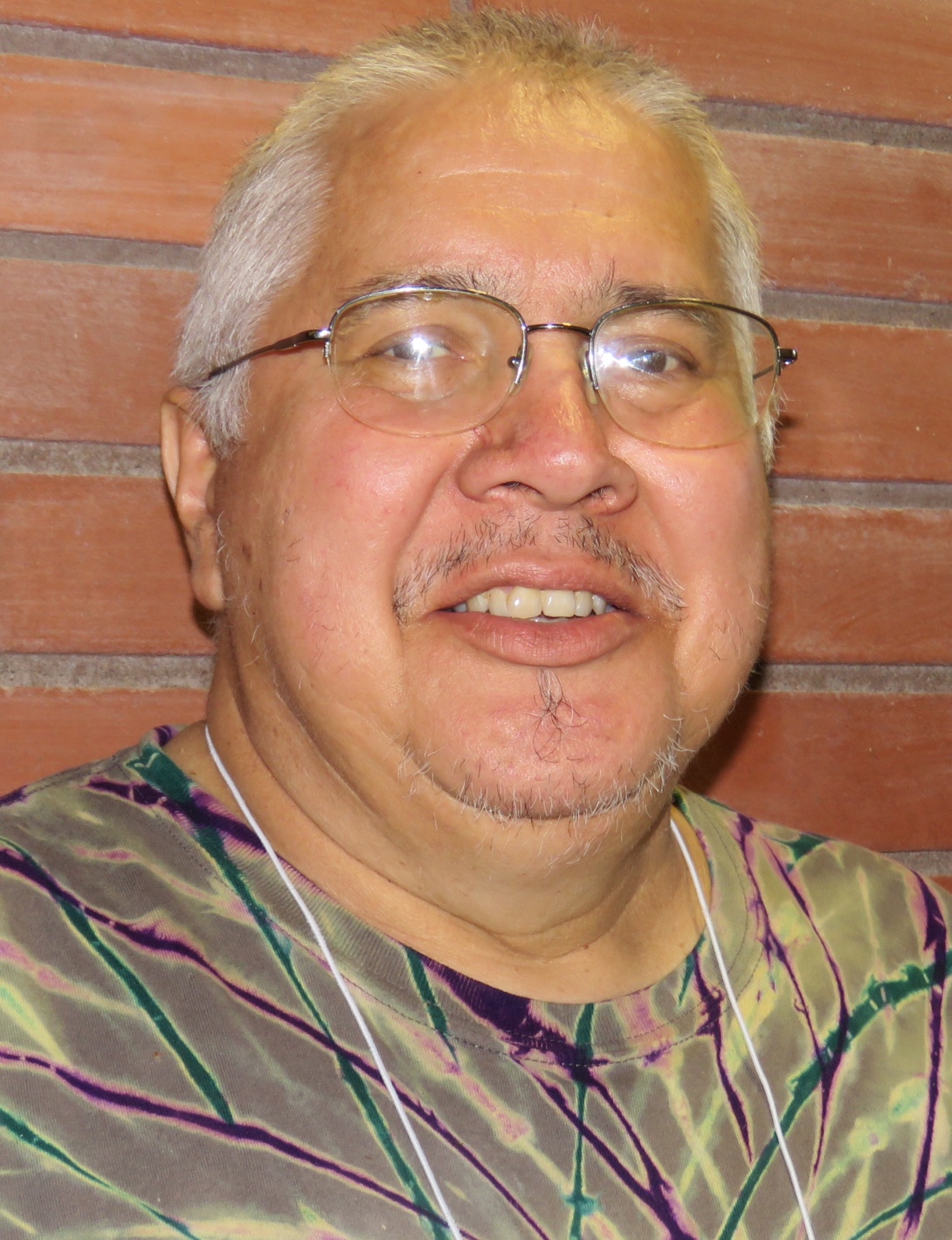 This talk will continue from the presentation started in the Spring term. We will briefly review Part 1 solely for the purpose of setting us back on course. Then, we will finish discussing the 6 World Religions, and continue on with the so-called "Folk Religions" that are unique to a specific culture or region.
This talk will continue from the presentation started in the Spring term. We will briefly review Part 1 solely for the purpose of setting us back on course. Then, we will finish discussing the 6 World Religions, and continue on with the so-called "Folk Religions" that are unique to a specific culture or region.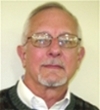 This talk will survey further "turning points" in Western philosophy that remain significant today. We will resume our study with the period following Plato, who created a kind of school, the "Academy", in an olive grove named after its donor. Notwithstanding Plato's own influence, some students took up the thread of Socratic thought to form schools of their own. Among these schools were the Cynic, Stoics, Epicureans and Skeptics. Over time these schools of philosophy became common words that had meanings very different from the philosophies from which they sprang. Philosophical Cynics were not necessarily "cynical". "Stoics" did not focus on learning how to bear pain with equanimity. Epicureans did not live for gourmet meals. Skeptics were more than steadfast doubters. These "post-Socratic" philosophers developed new lines of inquiry that significantly affected Western civilization. Some lasted for centuries; two deeply influenced philosophy in the modern era. The Questions they raised and methods that they developed remain relevant today, shamelessly borrowed by self-help movements that seldom acknowledge their ancient origins.
This talk will survey further "turning points" in Western philosophy that remain significant today. We will resume our study with the period following Plato, who created a kind of school, the "Academy", in an olive grove named after its donor. Notwithstanding Plato's own influence, some students took up the thread of Socratic thought to form schools of their own. Among these schools were the Cynic, Stoics, Epicureans and Skeptics. Over time these schools of philosophy became common words that had meanings very different from the philosophies from which they sprang. Philosophical Cynics were not necessarily "cynical". "Stoics" did not focus on learning how to bear pain with equanimity. Epicureans did not live for gourmet meals. Skeptics were more than steadfast doubters. These "post-Socratic" philosophers developed new lines of inquiry that significantly affected Western civilization. Some lasted for centuries; two deeply influenced philosophy in the modern era. The Questions they raised and methods that they developed remain relevant today, shamelessly borrowed by self-help movements that seldom acknowledge their ancient origins.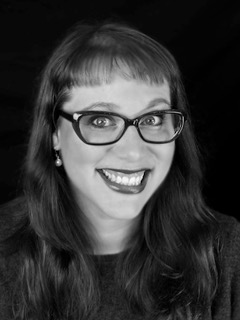
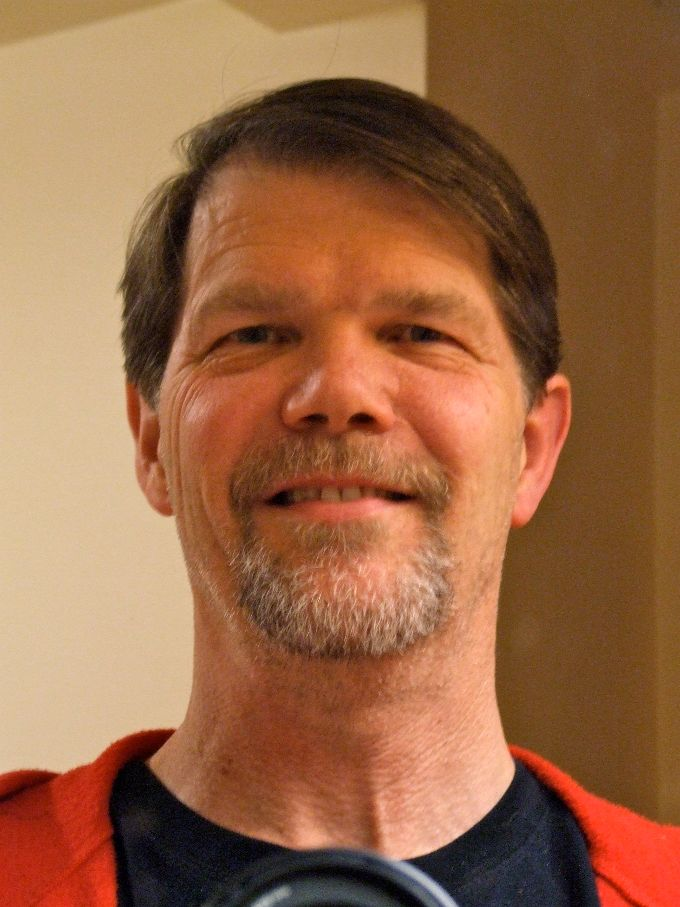 Kim Fink will show us how he has developed his art, taking surprising chances and making changes to the ancient process of printmaking.
Kim Fink will show us how he has developed his art, taking surprising chances and making changes to the ancient process of printmaking.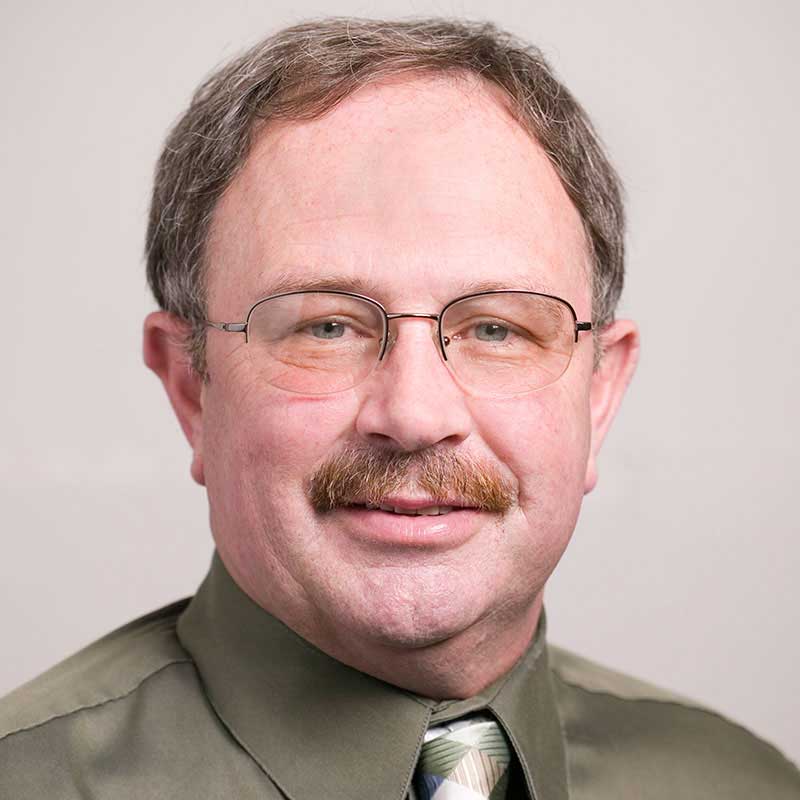 Mr. Dennis will give us instructions on how and when to use the AED device that we installed last spring. He will expand to the general topic of how to recognize medical emergencies and how to respond to them while we wait for the EMTs.
Mr. Dennis will give us instructions on how and when to use the AED device that we installed last spring. He will expand to the general topic of how to recognize medical emergencies and how to respond to them while we wait for the EMTs. 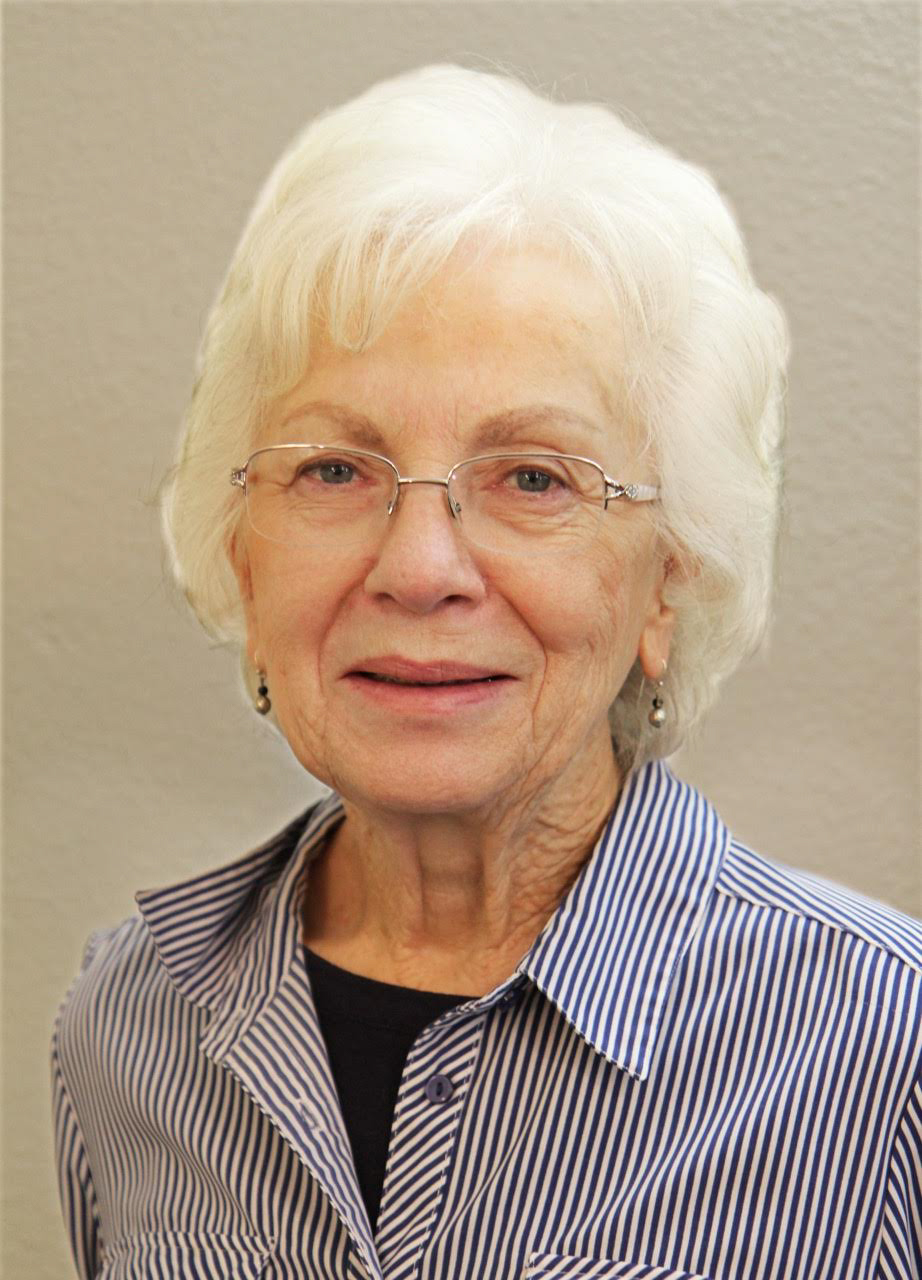
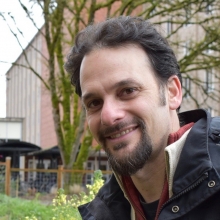 Permaculture for climate change resilience, water management for Housing developments, and water law for broad scale farm planning, Permaculture housing developments, water law for obtaining water rights in Oregon.
Permaculture for climate change resilience, water management for Housing developments, and water law for broad scale farm planning, Permaculture housing developments, water law for obtaining water rights in Oregon. 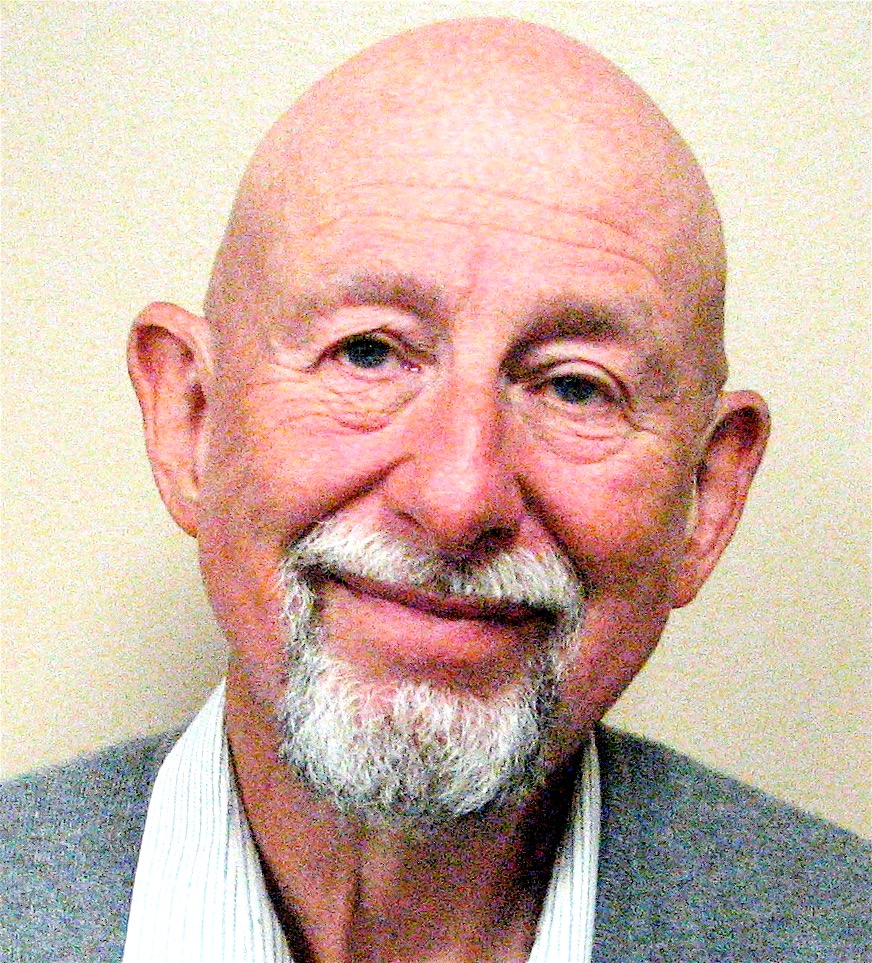 Genesis, the traditional version and the new theology and cosmology.
Genesis, the traditional version and the new theology and cosmology.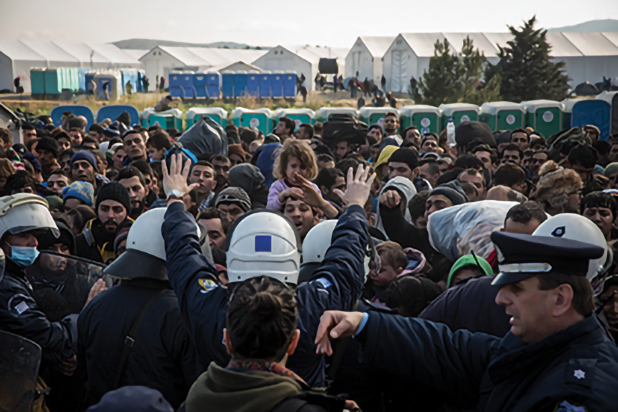 Today, no countries have open borders. Every state in today's global system has its own laws and policies about who is permitted to cross its borders, and how they will do so.Who determines whether someone is a refugee or a migrant? How many different countries, including the United States, reacted to migration? How effective are the international laws, policies and organizations that have evolved to assist and protect refugees and migrants?
Today, no countries have open borders. Every state in today's global system has its own laws and policies about who is permitted to cross its borders, and how they will do so.Who determines whether someone is a refugee or a migrant? How many different countries, including the United States, reacted to migration? How effective are the international laws, policies and organizations that have evolved to assist and protect refugees and migrants?